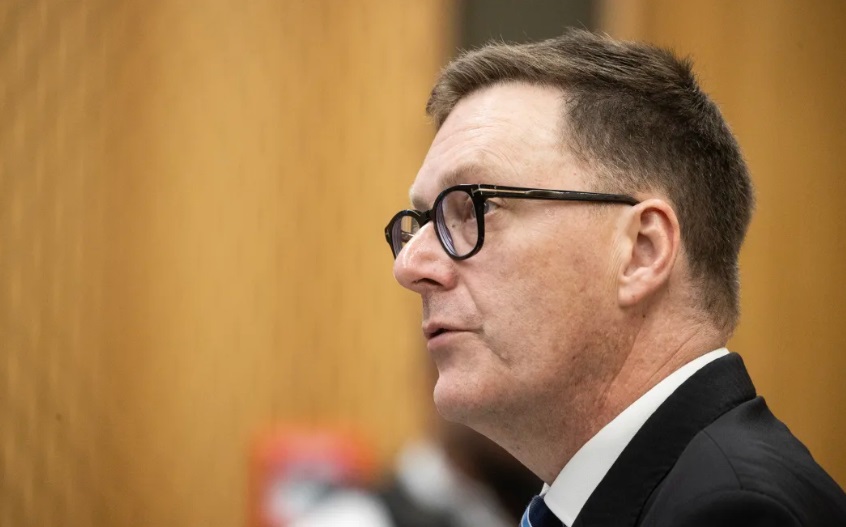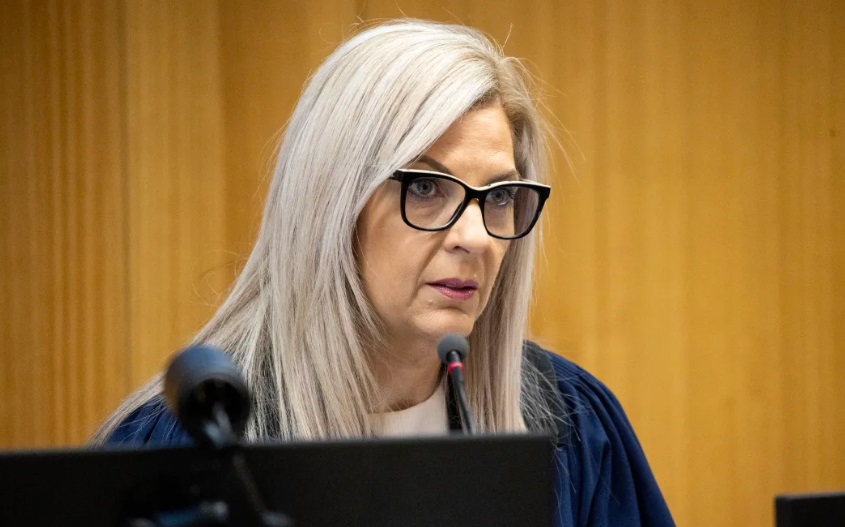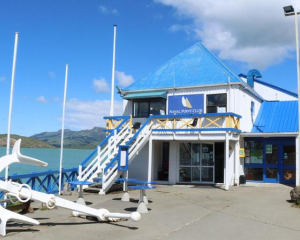
The staff member's 111 call has been played at the inquest into the murders of 51 people at the Al Noor mosque and Linwood Islamic Centre on March 15, 2019 by Australian Brenton Tarrant.
The employee with relevant experience, whose name is suppressed, called police after another staffer forwarded the email titled 'On the attack in New Zealand today' to him for review.
The Prime Minister's Office received the email at 1.33pm and the parliamentary staffer at approximately 1.39pm. He called police at approximately 1.41pm.
While the staffer called 111, he also forwarded the email to the National Command and Coordination Centre, and later to the Southern Communications police team and its team leader.
The parliamentary staffer scanned the manifesto during the call and picked out information including the terrorist's name, age, weapon he was intending to use and location of the attack.
The staffer also told the call taker that he thought the email had come from "just a nutter" and later said the more he read it, the more it appeared to be a "crank".

On receiving this email, he said he believed it needed to be further followed up on and was why he reported it to police "quickly".
"I had no idea at the time it was going to lead to what it sadly led to," he said.
He accepted he appeared calm in the call, but said it was just the way he conducted himself as he would in reporting any matter to police.
Questioned by deputy chief Coroner Brigitte Windley, the staffer said it was not his intention to influence the way police would respond by suggesting the email was not authentic by sharing his opinion that it was a "crank".
Despite saying he thought it could be a "crank", the staffer said he did not become less concerned by the email's contents as he continued to read it.
He remembered feeling "uneasy" after the phone call, and more so when news reports of a shooting in Christchurch started to come out.

"I don't know what more we could have done," he said.
On Tuesday, a video tribute to the 51 victims was played in court, as well as an hour-long audio-visual timeline which provided a "high-level" overview of the events of the day of the attack.
Detective Senior Sergeant Craig Farrant told the court the investigation was the largest ever undertaken by New Zealand police.
"The 15 March 2019 attack on the Al Noor Mosque and the Linwood Islamic Centre in Christchurch is the single largest terrorist incident and mass homicide that New Zealand has experienced," Farrant said.
"This involved the largest response operation every undertaken by the New Zealand Police. In the space of 19 minutes, 49 people from our community had been murdered, and attempts were made to murder a further 42 people, leaving many with life threatening injuries. One of the injured victims died later that day in hospital and another, a few weeks after."
The inquest will examine the following 10 issues over the next six weeks:
- The events of 15 March 2019 from the commencement of the attack until the terrorist's formal interview by police.
- The response times and entry processes of police and ambulance officers at each mosque.
- The triage and medical response at each mosque.
- The steps that were taken to apprehend the offender.
- The role of, and processes undertaken by, Christchurch Hospital in responding to the attack.
- Co-ordination between emergency services and first responders.
- Whether the terrorist had any direct assistance from any other person on 15 March 2019.
- If raised by immediate family, and to the extent it can be ascertained, the final movements and time of death for each of the deceased.
- The cause of death for each of the victims and whether any deaths could have been avoided.
- Whether Al Noor Mosque emergency exit door in the south-east corner of the main prayer room failed to function during the attack and, if so, why?
The inquest continues.












